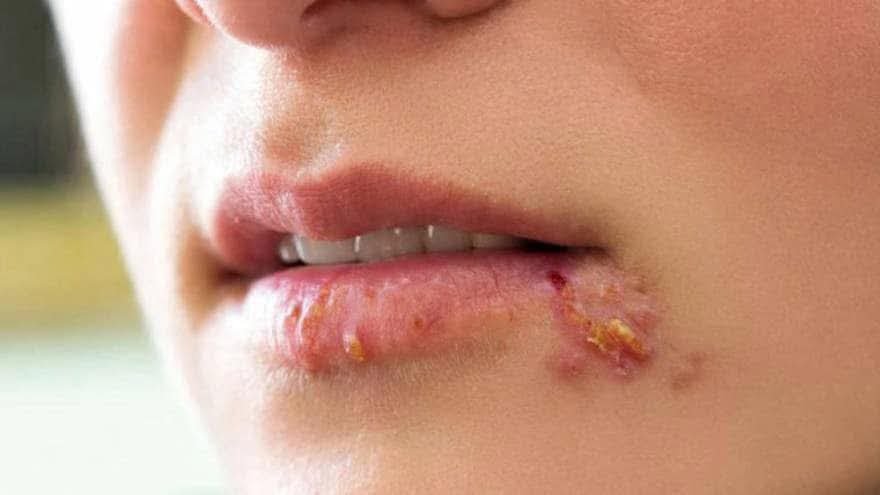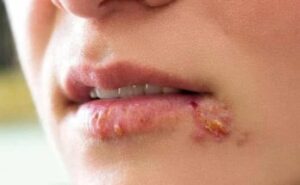Most People Carry This Cold Sore Virus, But Few Know How to Treat It – Here’s What You Should Do!

Cold sores are more than just a nuisance—they’re a sign of a common viral infection that most people unknowingly carry. If you’ve ever had a tingling, itchy bump near your lips that turns into a painful blister, chances are you’ve encountered the herpes simplex virus type 1 (HSV-1).
What Is HSV-1?
HSV-1 is a highly contagious virus that causes cold sores, often around the lips and mouth. Shockingly, around 67% of the world’s population under 50 has HSV-1, according to the World Health Organization—but most don’t show symptoms.
How Is It Spread?
You can catch HSV-1 through:
• Kissing
• Sharing utensils, lip balm, or drinks
• Skin-to-skin contact, especially when blisters are visible
Even when there are no visible sores, the virus can still spread.
Symptoms to Watch For:
• Tingling, itching, or burning sensation
• Redness followed by a cluster of fluid-filled blisters
• Pain and swelling around the lips or nose
• Occasional fever or swollen lymph nodes during outbreaks
Triggers That Reactivate the Virus:
Once infected, the virus lies dormant in nerve cells and can reactivate due to:
• Stress or fatigue
• Sun exposure
• Hormonal changes
• Illness or weakened immunity
What You Should Do:
1. Act Fast with Antivirals
Start antiviral treatments like acyclovir, valacyclovir, or famciclovir at the very first tingle. These can shorten the outbreak and reduce pain.
2. Apply Cold Compresses
Cool, damp cloths soothe the area and reduce swelling.
3. Try Natural Remedies
• Lysine supplements may help prevent outbreaks
• Lemon balm and aloe vera can ease discomfort
• Avoid acidic or spicy foods that irritate sores
4. Keep It Clean & Avoid Touching
Touching cold sores can spread the virus to other areas, including your eyes. Wash your hands frequently and avoid picking.
5. Use Sunscreen on Lips
Sunlight can trigger flare-ups. Use lip balm with SPF daily to protect against reactivation.
Can It Be Cured?
There’s no cure yet for HSV-1, but outbreaks become less frequent over time, and effective treatments can help manage symptoms.
When to See a Doctor:
• If cold sores are very frequent
• If blisters spread to eyes or other parts of the face
• If you have a weakened immune system
• If over-the-counter options don’t work
Cold sores might be common, but they don’t have to control your life. With the right care and knowledge, you can manage outbreaks and protect others around you.





